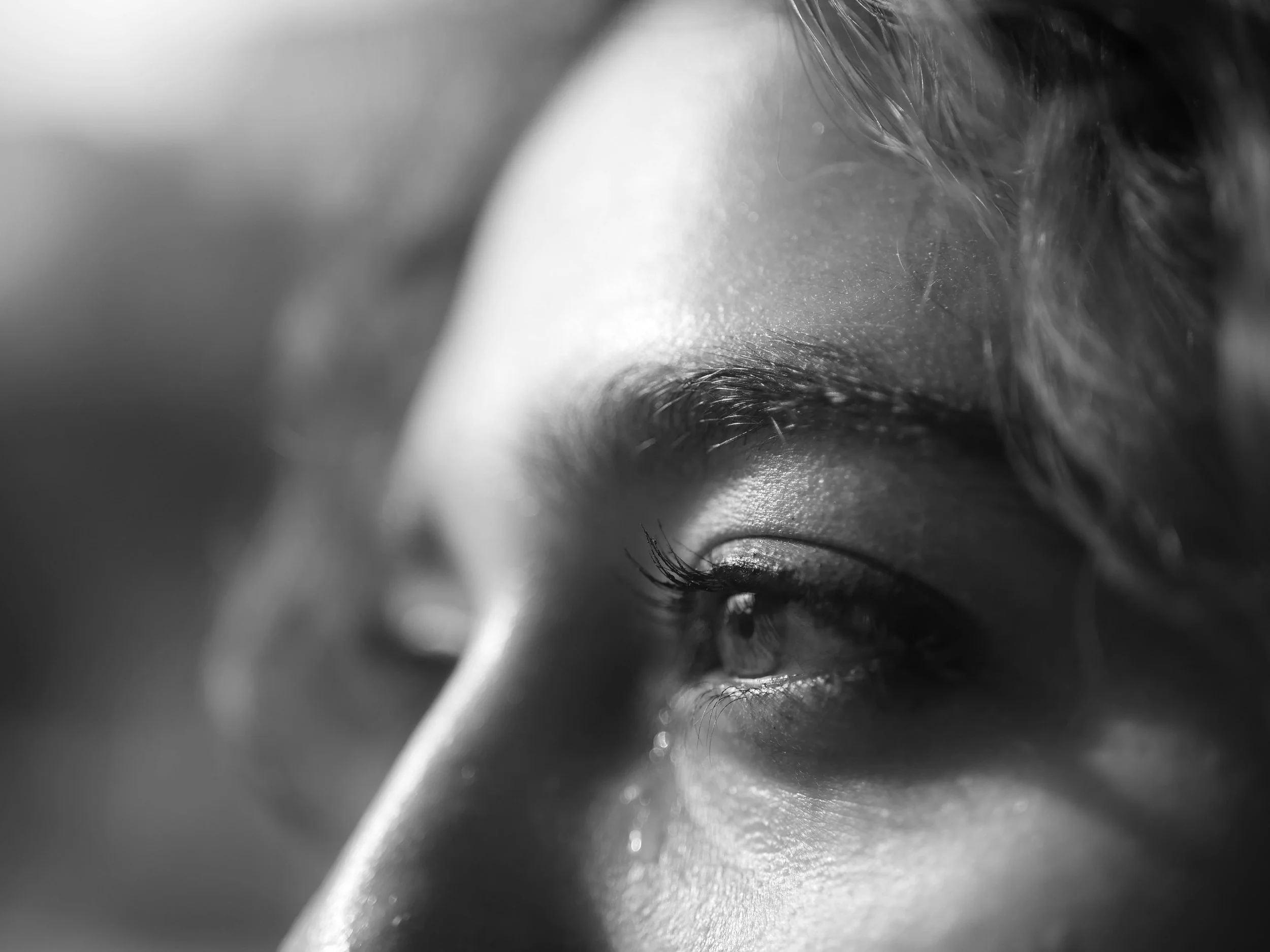Restore Rhythm: Take a Walk
“I told a friend I didn’t want to hemorrhage in public, so I got quiet instead,” (122) Rebekah Lyons admitted in her chapter entitled “Take a Walk”. I am fully aware that the point of her chapter was not solely about that particular emotion, and yet my personal take-away from that chapter was perhaps different from her intention: that phrase caught me like a thorn catching on someone’s wool sock. I carried it with me and thought about it and remembered all of the times in my life when I too have chosen that path of silence.
About a year and a half ago, my best friend Lisa’s husband passed away from septic shock after a horrific nine days in the hospital. The situation of my friend and her marriage was much more complicated than that tragic ending, and I think my incessant tears and crying in public that week stemmed from all the brokenness and hurt that had built up and because of the fear that things might never be resolved. Sure enough, after her husband was induced into a coma, he never came back from that, and any chance of repentance, forgiveness, or healing disappeared along with his last breath. It was excruciatingly painful to carry the uncertainty around with me during those days, knowing she was suffering there in the hospital besides him, and I suffered with her in my own daily rhythms that week. And I did what Rebekah Lyons was trying to avoid: I hemorrhaged in public. Tears came unbidden. And when I was finally able to see her in person, the primal weeping and proverbial gnashing of teeth that the two of us went through together was almost other worldly. The grief pouring from both of us as we sat there and hemorrhaged and wailed together was unlike any experience I had ever had.
I’d experienced sorrow before - profound and deep lasting sorrow - and in those empty days after my sister died, I cried but usually in private. The numbness that took over my 18 year old self allowed me to be “brave” in public. All my life, I have always been a quiet person, but in the months after the visitation and funeral, my grief felt so absolute and my loss so deep and unimaginable, that I got even quieter. I dove headfirst into the pool of silence, and although I watched the world around me with grief-stricken eyes, I refused to engage with it. So that simple sentence from the beginning resonated with me. And sometimes what we take away from someone’s writing may not be what they hoped would linger with their readers but something else entirely instead. But that’s okay and legitimate and natural.
Do you ever find yourself protecting the frailty of your soul by making the choice to be silent around others? What do you find when you look inward? Do you feel God speaking to you in those quiet places? Or do you just find a well of emptiness? Each of us is different, and to some of us, solitude and quiet are a precious and wonderful place for us.
My soul longs for quiet places. After a busy weekend four hours away from home, spent primarily in a fieldhouse with eight basketball games going on at the same time for kids’ basketball tournaments, followed by other moments of time at the hotel pool, chaperoning six children whose excited voices reverberated and echoed around the steamy room, I can feel myself clamoring for a place where there is no noise. No voices. No bouncing balls or squeaking sneakers. One of my havens in life is a library - any library, really; I prefer them to most man-built places on this planet. Where do you go when you’re looking for your “happy place”? Some people thrive on the noise and bustle and activity of people; those things exhaust me. I am currently “hiding” up in my bedroom, but I can hear my four children and husband starting the bedtime routine through the wall… and I almost open up a tab for Amazon to see how much noise-canceling headphones might cost. What does God want us to learn in the noisy places? When we become quiet, how does God meet us there as well?




